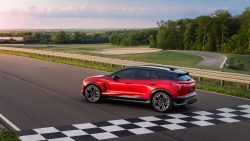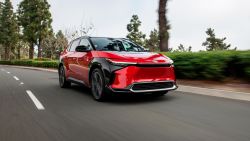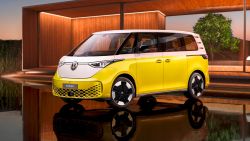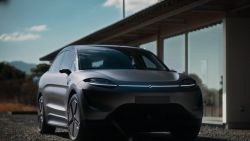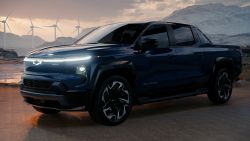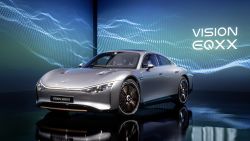Volkswagen is falling further behind Tesla in the race to dominate the market for electric cars.
Europe’s largest carmaker said Wednesday that it delivered 452,900 battery electric cars to customers in 2021, nearly double its total from the previous year. But that wasn’t enough to keep pace with Tesla, which delivered over 936,000 vehicles in 2021.
In total, Tesla (TSLA) boosted its deliveries last year by roughly 436,600 compared to an increase of 220,900 for the Volkswagen Group (VLKAF), which owns brands including Audi, Porsche and Skoda.
The German company has committed to spending more than $100 billion over the next five years to electrify its fleet and mount a challenge to Tesla. Volkswagen is already the top seller of electric cars in Europe, and it expects 25% of the vehicles it sells globally to be electric by 2026.
It has begun rolling out a series of new models, including the ID.4 electric SUV, but progress last year was hampered by supply chain issues, Volkswagen Group said.
“2021 was very challenging due to global semiconductor shortages, but we nevertheless consistently implemented our clear future course,” sales boss Christian Dahlheim said in a statement. “The doubling of our battery-electric volumes and the high demand for all our vehicles clearly show that we are on the right track.”

Tesla had its own chip shortage issues during the year but was able to manage them. Elon Musk’s company posted record deliveries in final three months of 2021 of 308,600 vehicles, easily surpassing Wall Street estimates.
“Taking a step back, with the chip shortage a major overhang on the auto space and logistical issues globally these [Tesla] delivery numbers were jaw dropping,” Dan Ives, an analyst for Wedbush Securities, said earlier this month.
Tesla has forecast that with new factories near Austin, Texas, and Berlin starting full-scale production in 2022, it should have annual global sales growth of 50% or better for at least the next few years.
“While there are many competitors in the EV space, Tesla continues to dominate market share as evidenced again this quarter while battling through the chip shortage,” Ives said.
— Chris Isidore contributed reporting.


